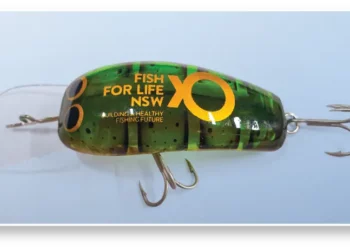ANDREW Forrest chairs a foundation called Minderoo, which is one of the Asia Pacific’s largest philanthropic organisations. It’s committed $2 billion AUD to a range of global initiatives, including development of a Global Fishing Index. Produced under the Foundation’s Flourishing Oceans initiative and with the assistance of research partners and the guidance of an expert advisory panel, the Index provides a snapshot of current fisheries performance across 142 countries and will be updated every three years. The full report is available at www.globalfishingindex.org
In summary, the Index reported that 10 per cent of fish stocks globally are on the brink of collapse and that 38 per cent of Australia’s local stocks are “overfished”, when the rate of 40 per cent unfished biomass is used as a definitional baseline of stock sustainability. Fisheries managers in Australia have traditionally used 20 per cent as their baseline, while some scientists consider even 40 per cent is too low and 60 per cent is a more realistic figure for true species sustainability.
The 142 countries were scored from A to F on their efforts to achieve fishing sustainability. None scored an A or a B. The highest score was a C, achieved by the USA, Chile, Norway, Ireland, Iceland and Latvia. Eighteen countries got an F, including big commercial fishing operators Malaysia and Vietnam.
And Australia, which always claims to be a “world’s best practice” fisheries manager? A D, the same as China, Japan, Brazil, Argentina, Indonesia, India, France, Germany, Belgium, Denmark and Croatia.
The Index rates performance against a number of variables. While Australia scored well on governance, management capacity, information availability, compliance management systems and stakeholder engagement, it was not so good on stock sustainability and data availability.
It doesn’t look like we’ve really got too much to boast about on the sustainability front really, given the biomass levels for some key species and availability of data. Admittedly that would vary considerably across the relatively underfunded states and territories and the Commonwealth, which is always very defensive of its fisheries management activities.
A future column will take a look at the findings of the recent Australian National Audit Office’s review of AFMA’s management of Commonwealth fisheries. Should be interesting.
















